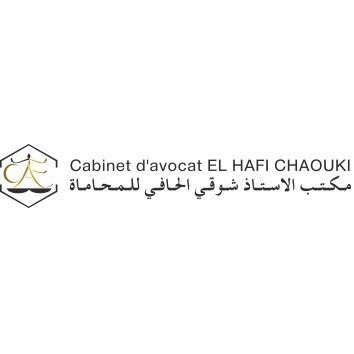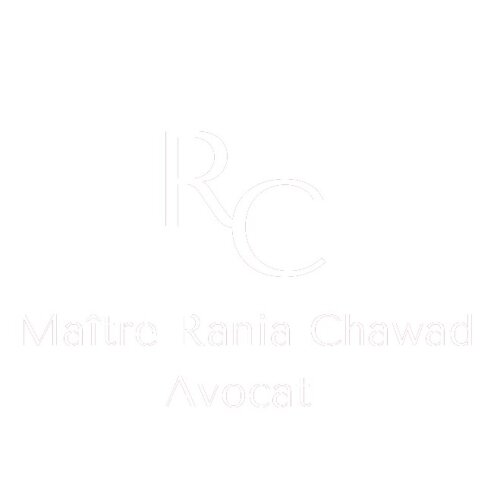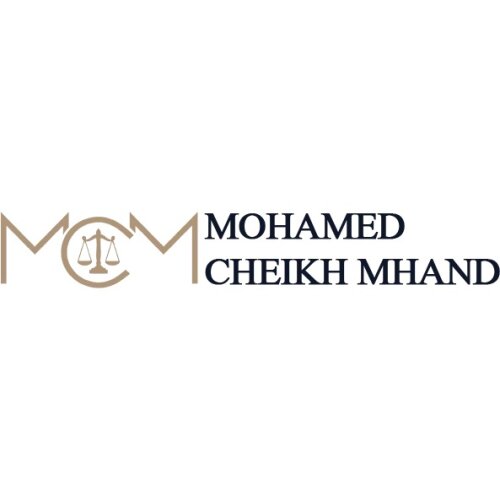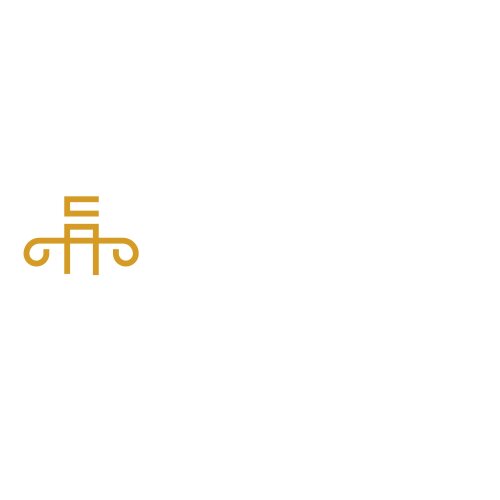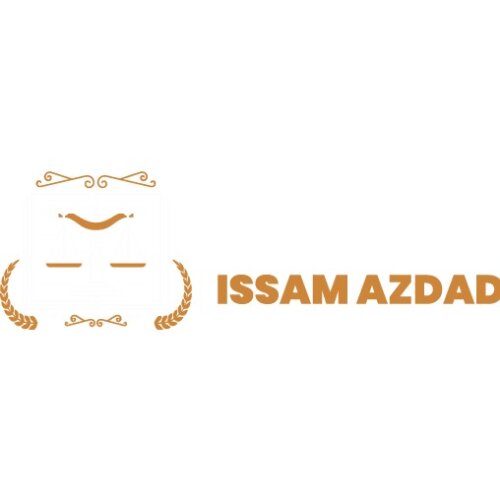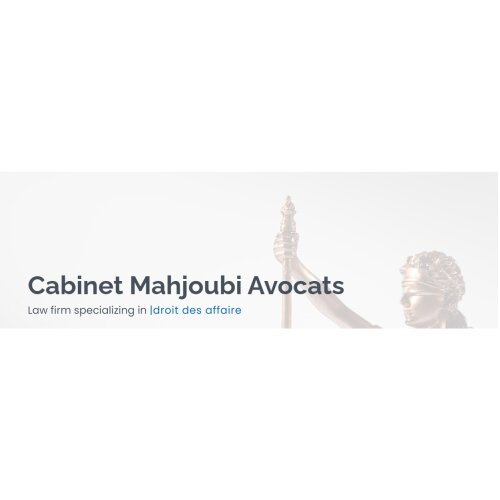Best Debt Capital Markets Lawyers in Tangier
Share your needs with us, get contacted by law firms.
Free. Takes 2 min.
List of the best lawyers in Tangier, Morocco
About Debt Capital Markets Law in Tangier, Morocco
Debt Capital Markets (DCM) refer to the arena where companies, governments, and other entities raise funds by issuing debt securities such as bonds or notes. In Tangier, Morocco, DCM activity is driven by both local and international investment due to the city's strategic Mediterranean location and economic dynamism. Legal frameworks ensure these deals are conducted transparently and fairly, balancing investor protection with market growth. Local law firms and financial institutions are often involved in structuring, regulatory compliance, and negotiation of debt financing instruments in the region.
Why You May Need a Lawyer
Engaging in the Debt Capital Markets can be complex. You may need a lawyer for several reasons:
- Issuing Bonds or Notes: Structuring and executing a debt offering requires legal analysis of regulatory requirements, prospectus preparation, and investor disclosures.
- Regulatory Compliance: Ensuring compliance with Moroccan financial regulations and Central Bank guidelines is essential to avoid penalties or invalid transactions.
- Cross-border Transactions: For foreign entities or investments, lawyers assist with understanding local nuances and how Moroccan law intersects with international rules.
- Security and Collateral Arrangements: Drafting and perfecting collateral or security arrangements to protect creditors' rights.
- Contract Negotiation: Lawyers negotiate terms between issuers, investors, and underwriters to reach favorable and legally sound outcomes.
- Dispute Resolution: If conflicts emerge over bond payments, defaults, or investor rights, legal counsel is needed to represent your interests in negotiations or before Moroccan courts.
Local Laws Overview
The Debt Capital Markets in Tangier operate under a framework that includes national financial regulations, the Moroccan Commercial Code, and specific rules from the Bank Al-Maghrib (Central Bank) and the Moroccan Capital Market Authority (AMMC). Key aspects include:
- Public Offering Rules: Public issues of debt securities must be registered with the AMMC, with detailed prospectuses and disclosures provided to potential investors.
- Private Placements: Private deals have simpler procedures but still require compliance with certain reporting and documentation rules.
- Currency and Foreign Investment Controls: The Office des Changes governs cross-border capital flows, setting guidelines that affect foreign participation in Moroccan debt markets.
- Clearing and Settlement: Casablanca Stock Exchange and affiliated clearinghouses handle settlement and custody of listed debt instruments.
- Lending and Guarantees: There are specific regulations around secured lending, mortgages, and guarantee structures used in backing debt issuances.
- Taxation: Withholding taxes may apply to interest paid on debt securities, subject to bilateral treaties and Moroccan law.
Frequently Asked Questions
What is the role of the Moroccan Capital Market Authority (AMMC) in Debt Capital Markets?
The AMMC regulates, supervises, and promotes transparency and efficiency in the Moroccan capital market. It approves prospectuses, oversees market conduct, and enforces rules for issuers and investors.
Can foreign investors participate in Moroccan debt offerings?
Yes, foreign investors can invest in Moroccan debt securities, subject to foreign exchange regulations and reporting requirements set by the Office des Changes.
What types of debt securities are commonly issued in Tangier?
Common instruments include corporate bonds, government bonds, sukuk (Islamic bonds), and short-term commercial papers.
What are the key documents involved in a debt issuance?
Key documents include a prospectus, subscription agreements, terms and conditions of the debt instrument, and where applicable, security or guarantee documentation.
Is a rating mandatory for bond issues?
A credit rating is often required for public offerings, especially for large issuances. The AMMC may set specific thresholds or conditions in its regulations.
How long does the approval process take for a public debt offering?
Typically, the AMMC review and approval process can take several weeks, depending on the complexity of the issuance and completeness of documentation.
Are there restrictions on the use of proceeds from debt offerings?
While issuers have flexibility, the intended use of proceeds must be clearly disclosed in the prospectus and must not contravene Moroccan law.
What happens in the event of default on a debt security?
The rights and remedies for investors are defined in the bond terms and Moroccan law, which may permit restructuring, enforcement of security, or court proceedings if needed.
What taxes apply to interest on debt securities?
Interest paid on debt securities may be subject to Moroccan withholding tax. The rate and exemptions depend on the investor’s residency and the existence of applicable double tax treaties.
Can debt securities be listed on the Casablanca Stock Exchange?
Yes, many corporate and government debt securities are listed on the Casablanca Stock Exchange, enhancing liquidity and investor access.
Additional Resources
For further information and support, consider these resources:
- Moroccan Capital Market Authority (AMMC): The primary regulator for capital markets in Morocco.
- Bank Al-Maghrib: The Moroccan Central Bank, which issues monetary policy and regulations affecting debt markets.
- Casablanca Stock Exchange: Handles listing and trading of most Moroccan debt securities.
- Office des Changes: Oversees foreign exchange and capital movement regulations.
- Local Law Firms experienced in DCM, offering advisory and legal representation.
- Ministry of Economy and Finance: Issues regulations and information on government debt programs.
Next Steps
If you need legal assistance in Debt Capital Markets in Tangier:
- Identify Your Needs: Clarify the nature and goals of your transaction or concern.
- Collect Documentation: Gather all relevant contracts, regulatory correspondence, and financial details.
- Consult a Specialist: Seek a lawyer or law firm with proven experience in Moroccan DCM, preferably one with local presence in Tangier.
- Prepare Questions: Make a list of specific questions or uncertainties for your lawyer to address.
- Confirm Fee Structure: Understand your legal advisor’s billing approach before engagement.
- Stay Informed: Keep updated on any regulatory changes and market developments that could impact your dealings in the Debt Capital Markets.
Lawzana helps you find the best lawyers and law firms in Tangier through a curated and pre-screened list of qualified legal professionals. Our platform offers rankings and detailed profiles of attorneys and law firms, allowing you to compare based on practice areas, including Debt Capital Markets, experience, and client feedback.
Each profile includes a description of the firm's areas of practice, client reviews, team members and partners, year of establishment, spoken languages, office locations, contact information, social media presence, and any published articles or resources. Most firms on our platform speak English and are experienced in both local and international legal matters.
Get a quote from top-rated law firms in Tangier, Morocco — quickly, securely, and without unnecessary hassle.
Disclaimer:
The information provided on this page is for general informational purposes only and does not constitute legal advice. While we strive to ensure the accuracy and relevance of the content, legal information may change over time, and interpretations of the law can vary. You should always consult with a qualified legal professional for advice specific to your situation.
We disclaim all liability for actions taken or not taken based on the content of this page. If you believe any information is incorrect or outdated, please contact us, and we will review and update it where appropriate.




